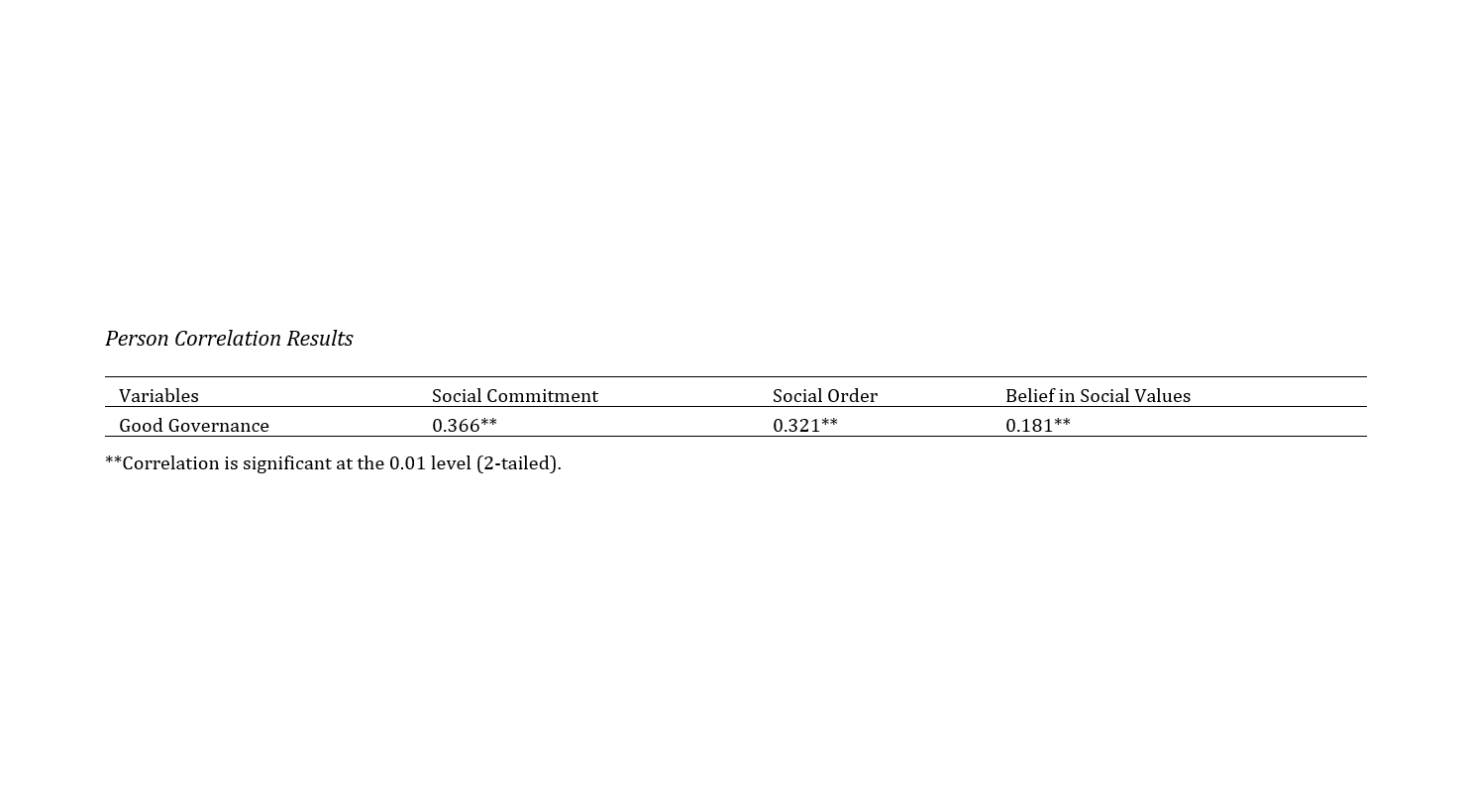Analyzing the Relationship Between Good Governance, Social Order, Social Commitment, and Citizens' Belief in Social Values: A Case Study of Garmsar Citizens
Keywords:
Good governance, social order, social commitment, belief in social values, Garmsar, public trust, social cohesion, iranAbstract
This study aims to investigate the relationship between good governance and its effects on social order, social commitment, and citizens' belief in social values in the city of Garmsar, Iran. Good governance is considered a key factor in fostering social cohesion and public trust, especially in diverse communities like Garmsar. By analyzing these relationships, the study seeks to highlight the impact of governance practices on social dynamics. The research employs a quantitative survey design, using a structured questionnaire to collect data from a sample of 384 citizens in Garmsar. Participants were selected using multi-stage cluster and quota sampling techniques to ensure demographic representation. The questionnaire assessed perceptions of good governance, social order, social commitment, and belief in social values using a Likert scale. Data were analyzed through descriptive statistics and Pearson correlation tests was conducted to explore the relationships between the variables. The findings reveal significant positive correlations between good governance and all three dimensions studied. Good governance was moderately correlated with social commitment (r = 0.366, p < 0.01) and social order (r = 0.321, p < 0.01), while the relationship with belief in social values was weaker but still significant (r = 0.181, p < 0.01). These results suggest that effective governance contributes to stronger social cohesion and commitment, though its influence on citizens' belief in social values is less pronounced. The study concludes that good governance plays a critical role in enhancing social order and commitment among citizens. While governance positively influences belief in social values, other cultural and religious factors may also play a significant role. Strengthening transparency, accountability, and public participation is essential for fostering social cohesion in ethnically diverse communities like Garmsar.
Downloads






